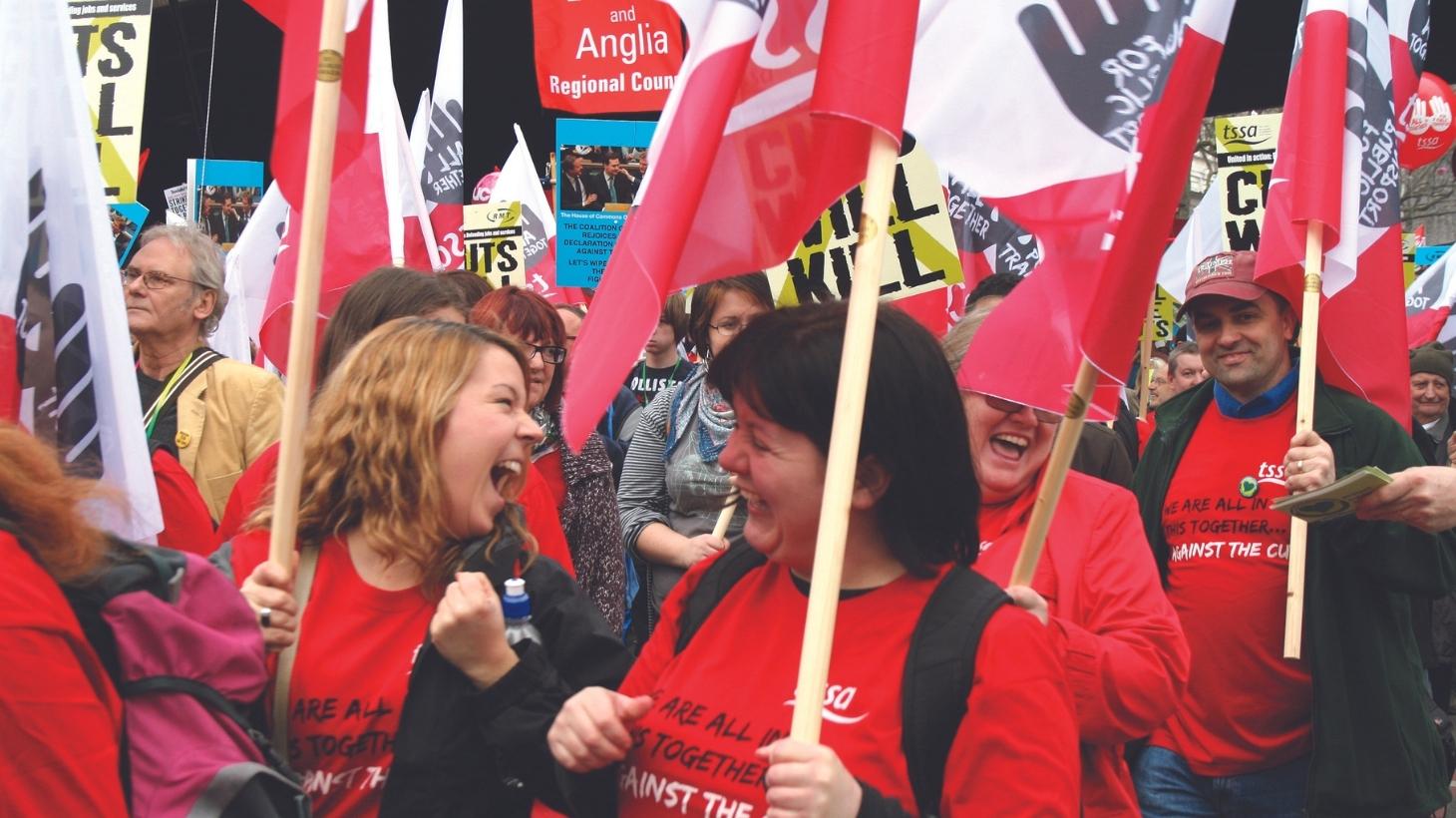
Minimum wage and living wage
Workers are entitled to minimum payments. Find out more here.
Your rights
By law, your employer must pay you a minimum amount on average for the hours that you work. It doesn’t matter how small your employer is – they still have to pay you minimum wage.
If you’re age 23 or over, this is called the National Living Wage (NLW). Since April 2021, it has been set at £8.91.
If you’re age 23 or under, or if you’re an apprentice, you’re entitled to the National Minimum Wage (NMW). This varies by your age and employment status. For example, if you’re 18 to 20, it is currently set at £6.56. If you’re an apprentice, it’s £4.30.
You can find a full table of minimum wages by age band here on the ACAS website. The rates usually change around April every year because they are reviewed by the government, so it’s always worth checking you’re looking at the most up-to-date rates.
You can find a calculator on gov.uk that you can use to check you’re getting paid at least NLW or NMW.
If you realise you’re not being paid minimum wage, speak to your employer. If you’re in a trade union, speak to your union rep. If you aren’t getting anywhere, you can call the ACAS helpline on 0300 123 1100 to ask for advice on next steps. ACAS is a public body set up to improve organisations and working life. You won’t have to pay to get advice about being paid less than the NLW or NMW from them.
Raising expectations
These are only the minimum amounts you’re entitled to. A trade union is a group of workers who have identified that they have common interests. By coming together, they are stronger, and can negotiate better pay with their employer. If you think you and the people you work with aren’t being paid enough, you can collectively ask for more. The more of you in the union, the greater your power, and the more likely your employer will have to address your concerns.
There are campaigns in lots of different countries advocating for higher minimum wages – for example the ‘Fight for $15’ led by fast food workers in the US. In the UK, workers at McDonald’s and other fastfood chains went on strike in 2019 because they found that they can’t get by on minimum wage.
TSSA members
If TSSA is the recognised union in your workplace, your reps will be able to take part in regular pay negotiations with your employer, pushing for higher wages for you. If TSSA is not recognised in your workplace, you can use pay and recognition as a recruiting tool – speak to non-members and tell them that you’ll be able to negotiate with the employer on pay if more people join.
Please note
The information in this section provides guidance and some basic details of employment rights. They do not attempt to be comprehensive, and should not be taken as an authoritative statement of the law. For latest advice and guidance, please contact our Helpdesk.

Join TSSA today!
Get access to support and advice, member resources, career development opportunities and more.
